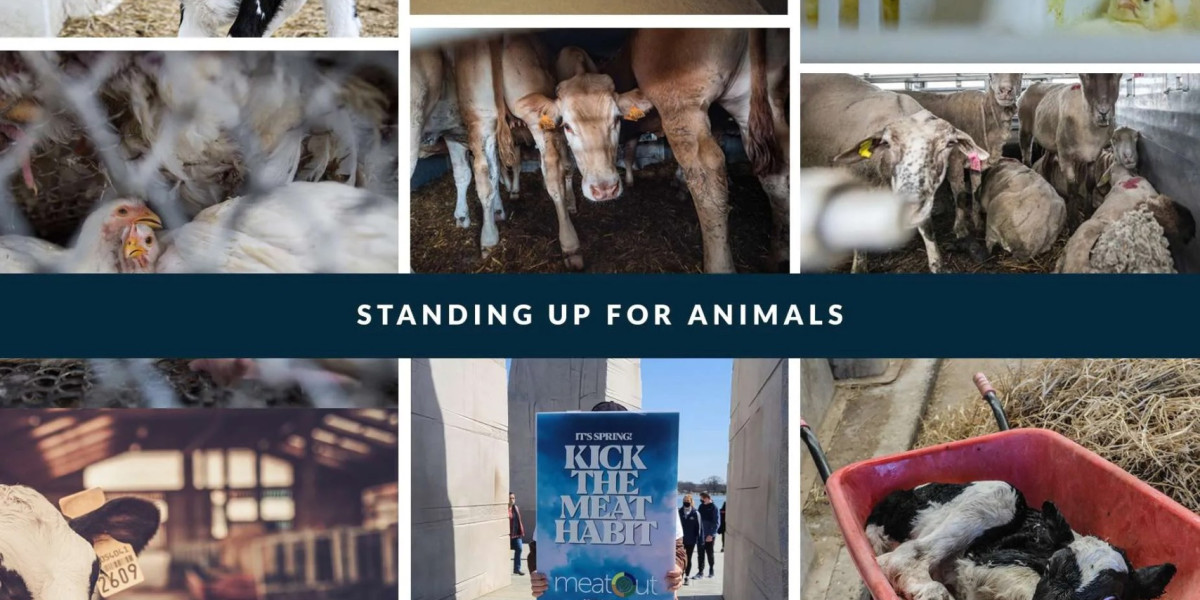Small-scale fishing cruelty is a complex issue that warrants careful consideration in discussions about sustainable fisheries and ethical food production. This term encompasses the unintended harm and suffering inflicted on marine life during fishing practices conducted on a smaller, often more localized scale.
The concept of small-scale fishing cruelty revolves around the ethical dilemmas faced by artisanal and subsistence fishermen who rely on traditional methods to catch fish for local consumption and livelihoods. While these fishing practices are integral to many coastal communities' cultural and economic identities, they can inadvertently contribute to environmental degradation and harm to non-target species.
One of the primary concerns regarding small-scale fishing cruelty is the use of fishing gear that may not be selective enough, leading to the capture of unintended species, known as bycatch. Small-scale fishermen often use simpler gear such as gillnets, traps, or handlines, which may inadvertently catch marine mammals, sea turtles, seabirds, and juvenile fish along with the targeted species. This bycatch can result in injuries, stress, and mortality among non-target species, impacting marine biodiversity and ecosystem health.
Furthermore, the handling and treatment of caught fish and unintended species in small-scale fishing cruelty can vary widely depending on local practices and regulations. In some cases, bycatch species may be discarded back into the sea, injured or dead, contributing to wasted resources and further ecological impact.
Efforts to mitigate small-scale fishing cruelty include the promotion of sustainable fishing practices and the adoption of bycatch reduction measures tailored to smaller-scale operations. Initiatives such as the use of modified gear designs, educational programs on sustainable fishing techniques, and community-based conservation projects aim to minimize bycatch and promote responsible fishing practices among small-scale fishermen.
Regulatory frameworks and collaborative management approaches are also crucial in addressing small-scale fishing cruelty. Many countries and regions have implemented regulations that require small-scale fishermen to adhere to bycatch reduction measures, seasonal closures, and area restrictions to protect vulnerable species and maintain fish stocks.
Consumer awareness and support for sustainably sourced seafood products play a vital role in encouraging responsible fishing practices among small-scale fishermen. By choosing seafood certified by programs like the Marine Stewardship Council (MSC) or supporting local fisheries that prioritize ethical and sustainable fishing methods, consumers can contribute to reducing small-scale fishing cruelty and supporting the livelihoods of coastal communities.
In conclusion, small-scale fishing cruelty represents a complex intersection of ethical considerations, environmental sustainability, and socio-economic factors in the fishing industry. By promoting dialogue, innovation in fishing techniques, and inclusive management strategies, stakeholders can work together to foster a future where small-scale fishing contributes to thriving marine ecosystems and resilient coastal communities while minimizing harm to non-target species.



